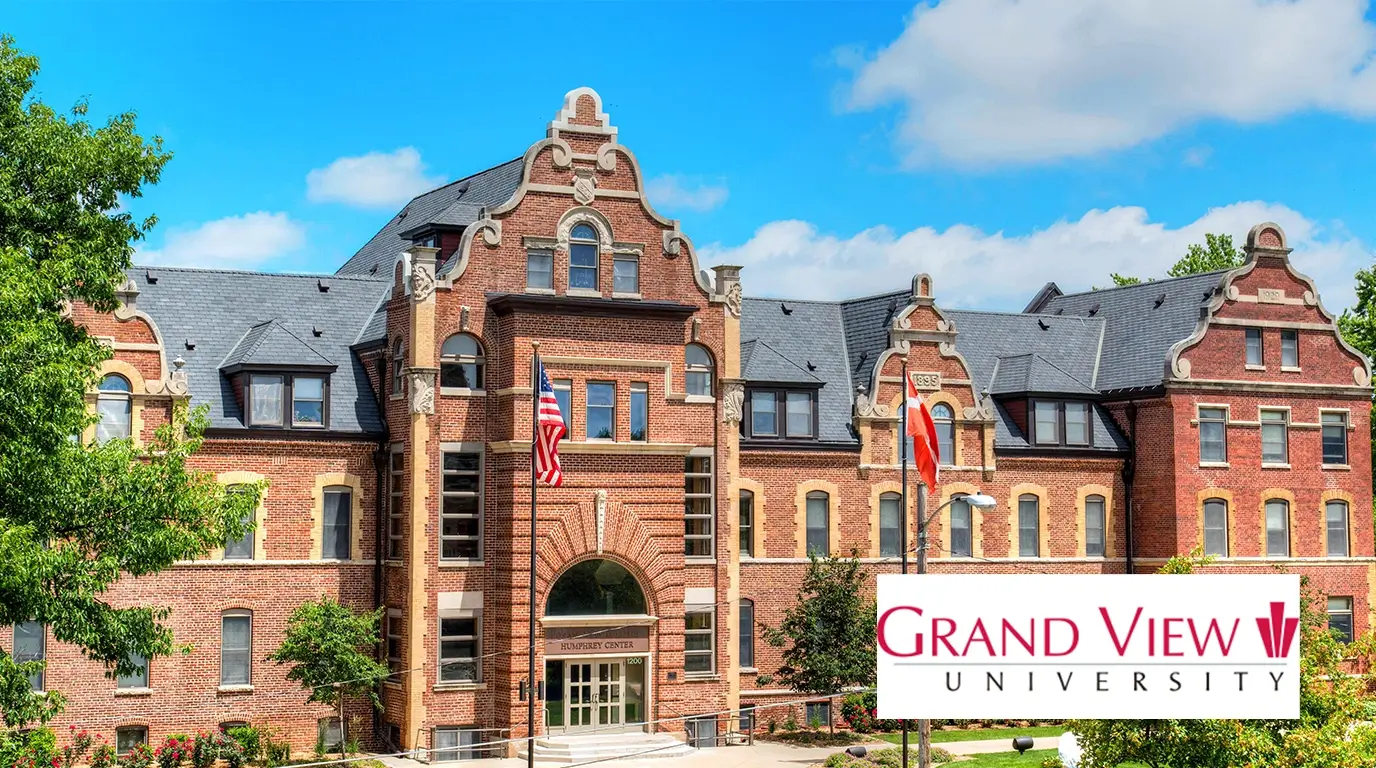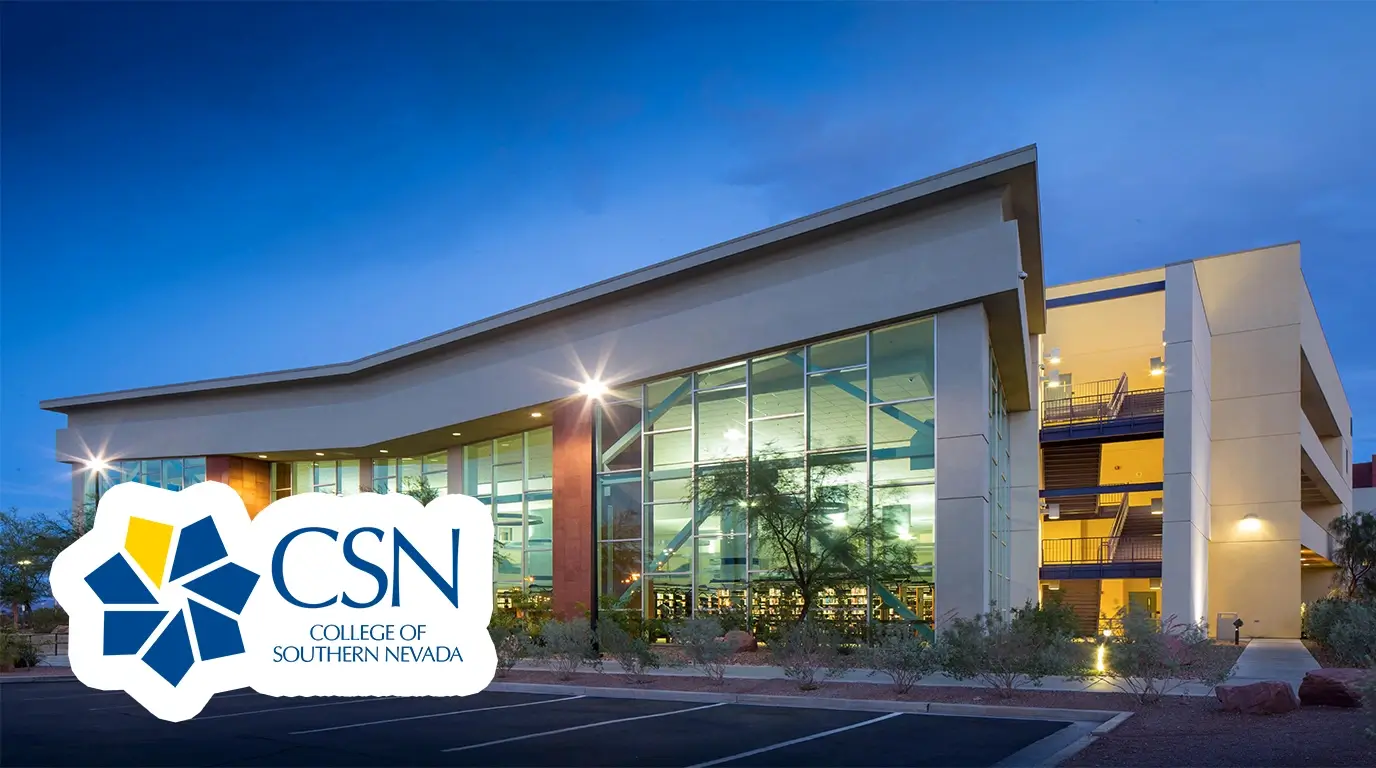Becoming a Paralegal in Virginia – Your State-Specific Guide
Hey there—ever wonder why Virginia’s paralegal jobs are expected to jump nearly 20% in the coming years? That’s what the state’s workforce folks were projecting a while back, and it’s a pretty loud hint that becoming a paralegal in Virginia might just be your ticket into the legal world without the law school grind. I’ve spent years digging into this field—writing about it, tweaking websites to get noticed, guiding folks through career shifts—and I can tell you, paralegals are the unsung heroes keeping Virginia’s legal engine humming. So, what’s it take to get there in the Old Dominion? This guide’s got you covered, all tailored for Virginia.
Introduction: Why a Paralegal Career in Virginia?
Picture yourself in a Richmond law firm, sorting through case files, or maybe up in Fairfax drafting something that keeps a lawyer on track. That’s the gig of a paralegal. In Virginia, these folks are vital—whether it’s supporting big-name firms, government offices near D.C., or corporate legal teams tied to the state’s 35 Fortune 1000 companies. Becoming a paralegal in Virginia means stepping into a role with real demand, especially in a state where the legal scene blends urban hustle with rural roots. This isn’t some generic rundown—it’s your Virginia-specific playbook to get started.
Paralegal Definition and Regulation in Virginia
Does Virginia Legally Define “Paralegal”?
Virginia doesn’t pin down a strict legal definition for “paralegal” or “legal assistant” in its laws. The Virginia State Bar keeps it loose—they see a paralegal as someone trained or experienced enough to handle “substantive legal work” under a lawyer’s supervision. That’s stuff like researching Virginia case law, prepping documents, or organizing discovery—work a lawyer would do if you weren’t around. It’s not official statute, just the practical lens they use.
Are There Any State Regulations for Paralegals in Virginia?
Nope, no state-level red tape here. Virginia doesn’t mandate licenses or certifications for paralegals—no formal barriers to entry. That said, the Virginia Rules of Professional Conduct, Rule 5.3, sets the tone: you’re working under an attorney, and they’re on the hook for keeping it ethical—think confidentiality, avoiding conflicts, the usual. There’s no state-specific credential, but the Virginia Alliance of Paralegal Associations (VAPA) pushes some voluntary standards we’ll get into later. It’s a flexible setup—bring the skills, and you’re in.
Key Takeaway:
- Virginia’s chill—no legal regs, just attorney oversight and ethical basics.
Education Requirements and Recommended Programs in Virginia
Are There Specific Educational Requirements in Virginia?
Legally, you don’t need a degree to be a paralegal in Virginia—no state law demands it. You could hustle into a gig with a high school diploma and some grit if someone’s willing to train you. But here’s the real talk: most employers—especially in places like Richmond or Northern Virginia—won’t give you a second look without some formal legal assistant training in Virginia. An Associate’s in paralegal studies is the entry-level standard, and a Bachelor’s or certificate can up your odds. Firms near D.C. often nod at ABA-approved programs, though it’s not a dealbreaker everywhere.
Recommended Paralegal Education Programs in Virginia
Virginia’s got some standout spots for paralegal education programs in Virginia. Here’s my shortlist:
- Northern Virginia Community College (NOVA) – ABA-approved Associate of Applied Science in Paralegal Studies. Flexible—online or on-campus—and they’ve got internships to get you in the game. Huge in the D.C. metro.
- J. Sargeant Reynolds Community College – Richmond’s got an ABA-approved Associate’s too. Practical focus—legal research, writing, ethics—perfect for the state capital crowd.
- American National University – Salem offers an Associate’s and Bachelor’s in Paralegal Studies. Not ABA-approved, but it’s solid for southwest Virginia.
These are your heavy hitters—verify the links, but they’re the real deal.
Online Paralegal Programs for Virginia Residents
Out in the sticks or juggling life? Online’s your friend. NOVA’s got virtual options, and national programs like Liberty University (based in Lynchburg) or Purdue Global can bring paralegal training in Virginia to your doorstep. It’s a lifesaver for folks in rural spots like Roanoke who can’t trek to Fairfax.
Key Takeaways:
- No mandatory education, but an Associate’s or certificate is your practical start.
- ABA-approved programs like NOVA’s give you an edge.
- Online options make it doable from anywhere in Virginia.
Paralegal Certification and Credentials in Virginia
Is State-Specific Paralegal Certification Mandatory in Virginia?
Nope, Virginia doesn’t have its own certification, and it’s not required. You can jump in as a paralegal in Virginia without any official stamp—it’s all voluntary if you want to stand out.
Nationally Recognized Certifications Relevant in Virginia
Here’s what’s respected:
- NALA’s Certified Paralegal (CP) – From the National Association of Legal Assistants (NALA), this is the big one. Pass the exam, and you’re showing Virginia employers you’ve got skills—research, drafting, the works.
- NFPA’s CORE Registered Paralegal (CRP) – Less common, but the National Federation of Paralegal Associations’ credential still carries weight if you’ve got experience.
Benefits of Certification in Virginia
Why bother? In Virginia, that CP can bump your average paralegal salary by $5K-$10K a year—more in Northern Virginia than, say, Chesapeake. It’s a credibility boost—lawyers see it and know you’re serious. Plus, with law firm jobs in Virginia growing, it’s a ladder to better gigs.
Key Takeaways:
- No state certs required, but NALA’s CP or NFPA’s CRP can set you apart.
- Certification means better pay and cred in Virginia’s legal scene.
Paralegal Associations in Virginia
State-Level Paralegal Associations in Virginia
Networking’s gold, and Virginia’s got some groups worth joining:
- Virginia Alliance of Paralegal Associations (VAPA) – Statewide umbrella group linking local chapters. They’ve got events, CLE, and job boards.
- Tidewater Paralegal Association (TPA) – Covers Virginia Beach and beyond—great for networking and certification prep.
- Virginia Peninsula Paralegal Association (VPPA) – Southeast Virginia focus, with education and job support.
Benefits of Joining a Paralegal Association in Virginia
These aren’t just social clubs—they’re career fuel. Think monthly meetups, job leads, and CLE to keep you sharp. I’ve seen folks land law firm jobs in Virginia just from a TPA dinner. In a state with big legal hubs like Richmond and Fairfax, it’s how you get connected.
Key Takeaway:
- Virginia’s paralegal associations like VAPA and TPA are your networking lifeline—jump in.
Job Market Outlook and Salary for Paralegals in Virginia
Current Job Market for Paralegals in Virginia
The job market for paralegals in Virginia is lively. Northern Virginia’s a hotspot—firms like Hunton Andrews Kurth and corporate gigs near D.C. keep it buzzing. Richmond’s got state government roles and big players like McGuireWoods. Down in Virginia Beach, it’s a mix of smaller firms and coastal law needs. There’s work if you’re ready to chase it.
Average Paralegal Salary in Virginia
What’s the pay? The Bureau of Labor Statistics clocked Virginia’s median at $60,570 in 2022 (check more on paralegal salaries here). Entry-level’s around $40K-$45K, but with experience or a specialty—like corporate law—you could hit $80K in Fairfax. Rural spots like Salem pay less, naturally.
Job Growth Projections for Paralegals in Virginia
The Virginia Workforce Connection pegged the paralegal career outlook in Virginia at 19.3% growth through 2022—and that trend’s holding strong. That’s about 1,600 new jobs over a decade, way above the national 4.2%, thanks to firms leaning on paralegals to cut costs.
Key Takeaways:
- Virginia’s market is active—Northern Virginia and Richmond lead the pack.
- Average paralegal salary in Virginia ranges $40K-$80K, depending on experience and spot.
- Growth’s robust—19% means steady demand ahead.
Key Takeaways: Steps to Becoming a Paralegal in Virginia
Ready to dive in? Here’s your plan:
- Research paralegal education programs in Virginia—start with NOVA or Reynolds.
- Pick your path: Associate’s, Bachelor’s, or certificate if you’ve got a degree.
- Consider ABA-approved programs like NOVA’s.
- Explore certs like NALA’s CP or NFPA’s CRP.
- Network with Virginia paralegal associations—VAPA’s a must.
- Start your job search—focus on Virginia’s legal hubs like Fairfax or Richmond.




